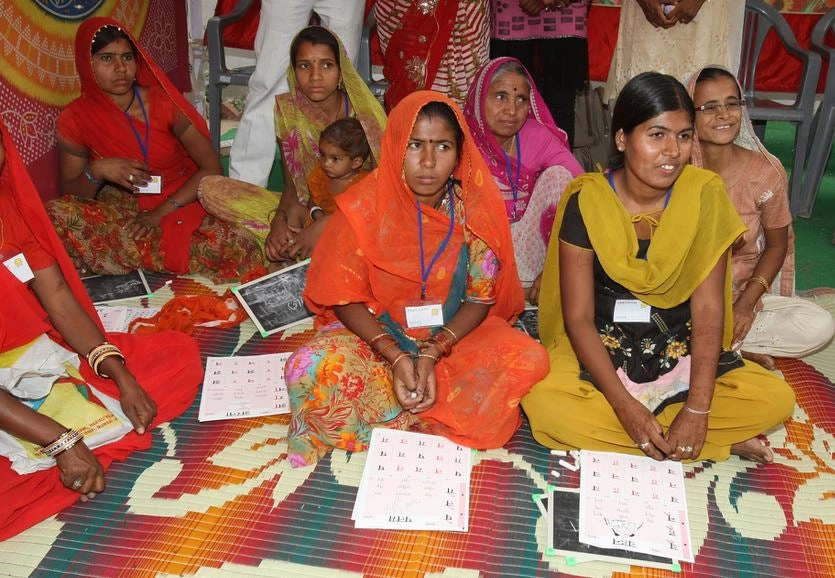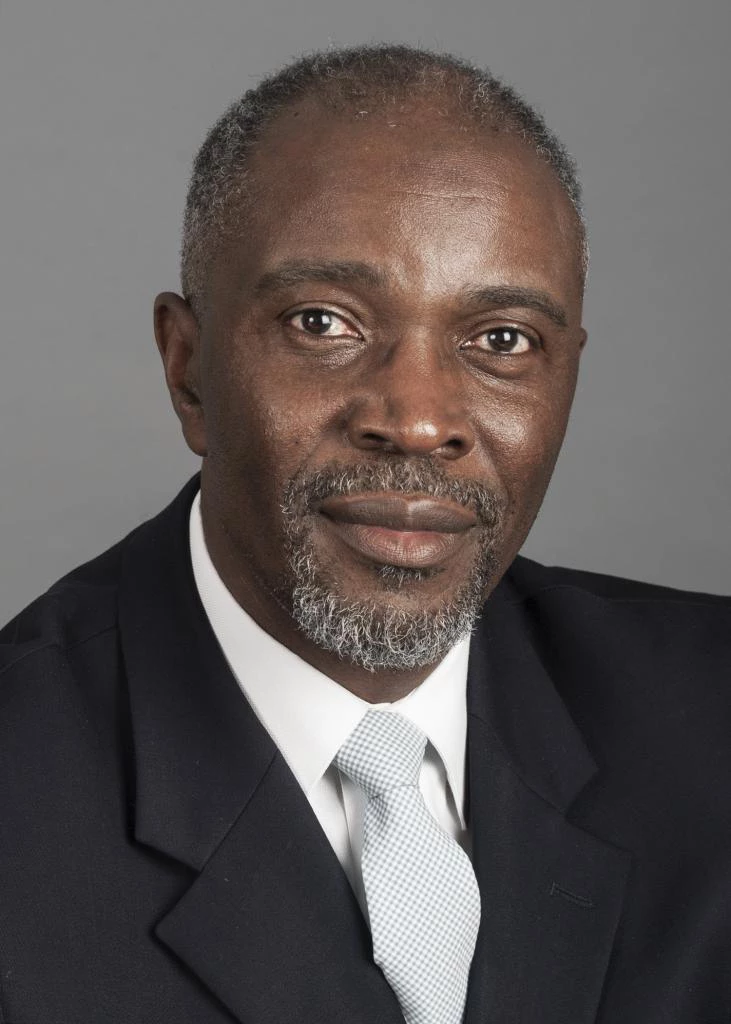
As we enter the last week of the Massive Online Open Course (MOOC) on Citizen Engagement— developed here at the Bank in partnership with London School of Economics, Overseas Development Institute, Participedia and CIVICUS— let’s explore the central question posed in the course: Is Citizen Engagement a Game Changer for Development?
In a blog following the London MOOC event, Duncan Edwards argued the need to think hard about the approaches we adopt in advancing citizen engagement to address development challenges.
Do we look at citizen engagement from a rights-based perspective, whereby as Amartya Sen argues citizen engagement is a key component of human capability?
Or through an instrumental approach, such as Ghazala Mansuri and Vijayendra Rao propose whereby citizen engagement is a means to achieving improved development outcomes?
A right-based approach to citizen engagement accepts that there is, or argues that there should be, a specific contextual environment. Unfortunately, these conditions do not always exist in developing countries and yet citizen engagement has been successful in a range of challenging environments including fragile and conflict situations.
And, as John Gaventa noted in the course, no matter how weak the state might be there are going to be some small cracks where citizens can come together to share their voices , discuss and take action.
An instrumental approach looks through a narrower lens at how citizen engagement can improve development outcomes. As Rakesh Rajani discussed in the course, citizens and service providers (public or private) can work together directly to improve outcomes through the short-route to accountability. However, the focus of the instrumental approach is more on mechanisms and less on the role of institutions.
Maybe the answer is somewhere in the middle. For citizen engagement to be a game changer in development one should look carefully at which specific mechanisms work best under which conditions. After all, as Simon O’Meally reminds us contextual factors can make or break a tool’s implementation.
We must also look at what it takes to build inclusive institutions. Civil society and social movements such as the Arab Spring and Occupy Wall Street, as well as such multi-stakeholder initiatives as the Open Government Partnership, call governments to become more open, accountable and responsive by deepening their engagement with citizens.
However, building inclusive institutions is a long and deep process that requires commitment from governments and cannot be achieved overnight .
We as development practitioners, and as citizens, must always be searching for openings— at the project-level, the local level, the provincial, the national, and the international level— that can permit citizen engagement to facilitated, and to be transformational.
What do you think? Tell us in the comments.


Join the Conversation